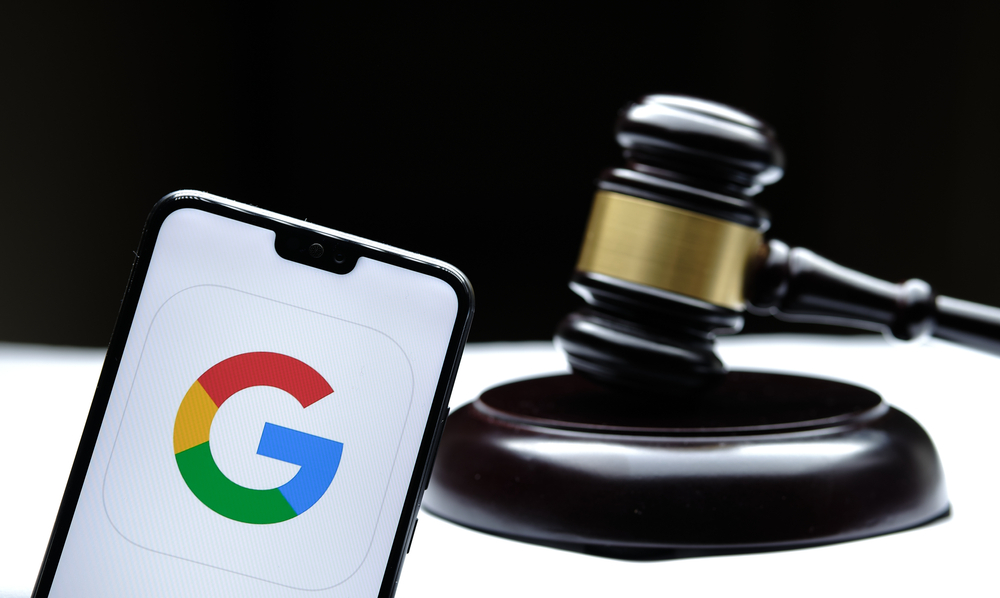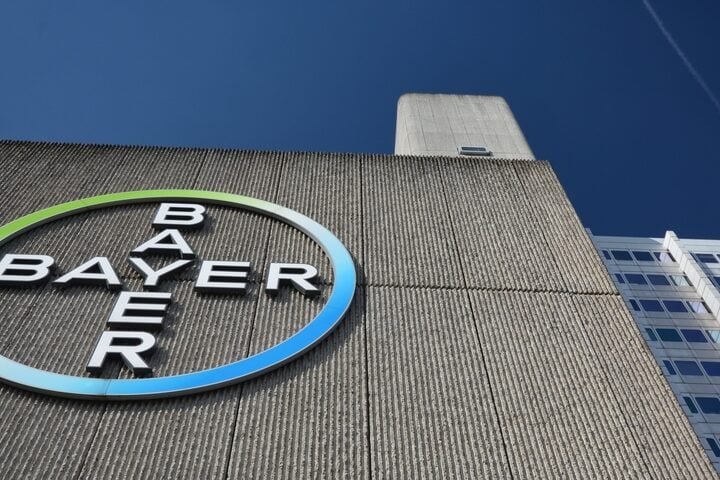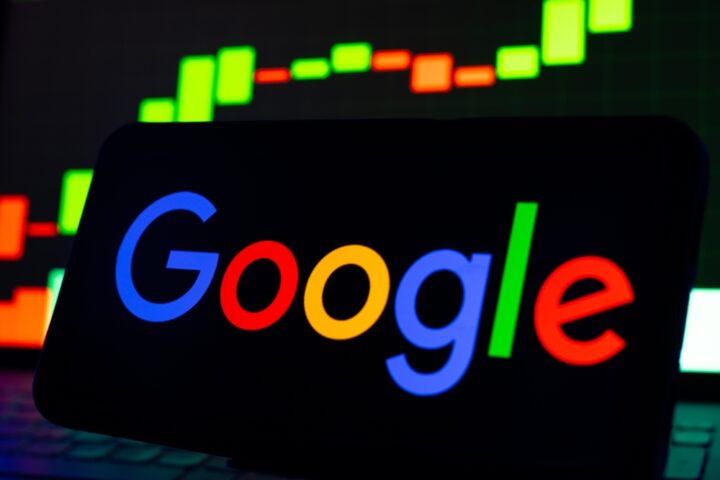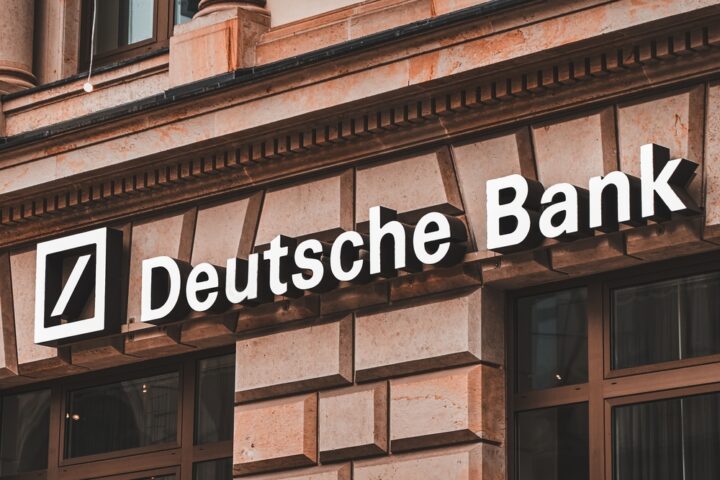In a high-stakes legal battle, Google is pushing back against a $217 million fee request from a group of privacy lawyers involved in a four-year litigation over the tech giant’s alleged secret tracking of millions of internet users. As the dispute heads toward a resolution, U.S. District Judge Yvonne Gonzalez Rogers must decide how much Google should pay in legal fees for a settlement that involves privacy reforms but no direct compensation for consumers. The outcome could set a precedent for future cases involving settlements without monetary damages.
Google’s Opposition to the $217 Million Fee Request
The plaintiffs’ lawyers from firms like Boies Schiller Flexner, Morgan & Morgan, and Susman Godfrey argue that their efforts resulted in privacy reforms valued between $3 billion to $6 billion for internet users. They claim to have invested over 78,000 hours in the case, amounting to $62.4 million in attorney time, justifying their request for $217 million in fees. These lawyers, known for handling major class action suits, see their work as having secured vital changes in Google’s privacy practices.
However, Google is pushing back, calling the fee request excessive. The company has asked Judge Rogers to cap the fees at $40 million, highlighting that the settlement does not offer direct financial compensation to consumers. A Google spokesperson characterized the legal fee request as a “windfall” and accused the plaintiffs’ attorneys of trying to profit from a case that delivered no monetary benefit to the public.
A Settlement Focused on Privacy, Not Payouts
The settlement, which involves Google agreeing to update its privacy policies and delete billions of records associated with users browsing in “incognito” or “private” mode, did not result in a class action certification. As a result, consumers won’t receive any direct compensation. Despite this, the plaintiffs’ lawyers argue that the privacy reforms achieved in the settlement will benefit millions of users and are significant enough to justify their substantial fee request.
Google’s legal team, however, argues that because the settlement lacks direct consumer payouts, the requested fees are disproportionate. They point out that while the reforms are noteworthy, the lawyers are overreaching with their financial demands.
Judge Rogers’ View on the Case and Fee Dispute
Judge Rogers has yet to make a final ruling on the matter, but during a recent hearing, she expressed skepticism about some aspects of the fee request. She acknowledged that the plaintiffs had achieved meaningful privacy reforms but noted that they fell short in securing damages for consumers, an outcome that may affect the fee decision. Rogers also questioned the high billing rates proposed by the plaintiffs’ attorneys, suggesting that some fees—like $667 per hour for document review—were excessive.
David Boies, chairman of Boies Schiller, defended the billing practices, emphasizing the complexity of the case and arguing that the plaintiffs’ team worked as hard as Google’s defense attorneys. Boies highlighted that Google’s own legal team logged similarly long hours, justifying the plaintiffs’ fee request.
Broader Context: Legal Fee Awards Under Scrutiny
The Google case is not an isolated incident. Several recent high-profile legal disputes have involved challenges over legal fees. In another case overseen by Judge Rogers, attorneys who secured a $490 million settlement with Apple were awarded reduced fees after the judge cut their request from $122.5 million to $107.8 million. The reductions came amid concerns that some attorneys were using inflated billing practices to boost their payouts.
In another notable case, a New York judge awarded $102 million in legal fees to firms involved in a $580 million settlement with banks accused of curbing competition in the stock lending market. Legal fee disputes are becoming increasingly common as courts grapple with how to fairly compensate lawyers in complex cases, particularly when monetary damages for consumers are not part of the equation.
Looking Ahead: What’s Next for Google and the Plaintiffs’ Lawyers
As the legal fee dispute moves closer to a decision, Judge Rogers will weigh the broader implications of the case. Legal experts suggest that determining fair compensation in cases without consumer damages often involves subjective judgments. University of Michigan law professor Adam Pritchard explained that courts must assess the benefit created for consumers, but without direct monetary awards, these decisions are often more nuanced.
Despite Google’s resistance, the plaintiffs’ legal teams remain steadfast in their belief that the privacy reforms they secured justify their fee request. The final decision could have lasting implications for how courts assess legal fees in class actions and privacy cases, particularly those that focus on reforms rather than financial payouts.
A Precedent-Setting Case for Legal Fees in Privacy Settlements
The battle between Google and the privacy lawyers over $217 million in legal fees highlights the complex nature of settlements that don’t involve direct compensation for consumers. While the plaintiffs’ attorneys argue that their work brought significant privacy improvements to millions of users, Google maintains that the fee request is excessive. As Judge Rogers prepares to make her ruling, the outcome of this case could set a new standard for determining legal fees in privacy and class action lawsuits where damages aren’t easily quantifiable.







